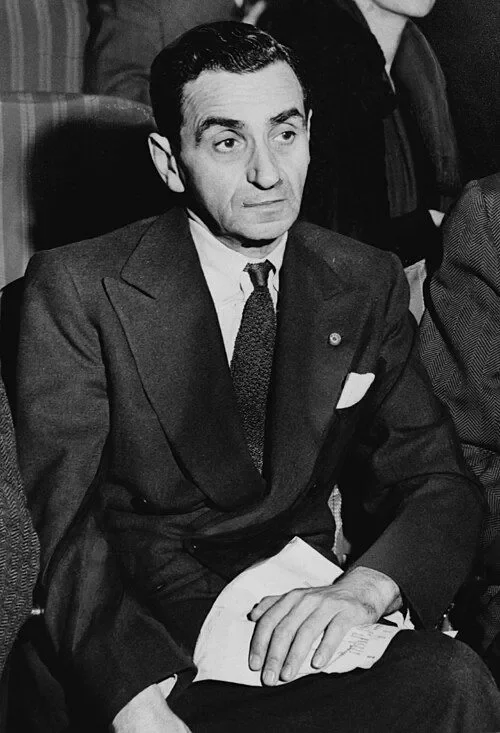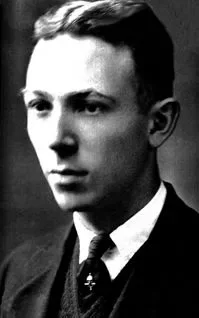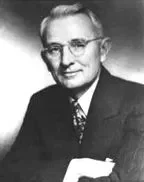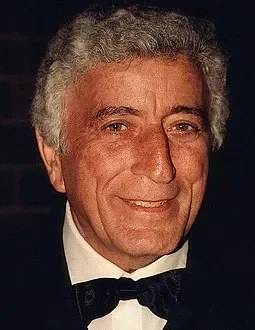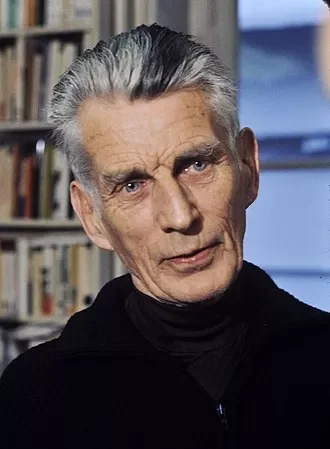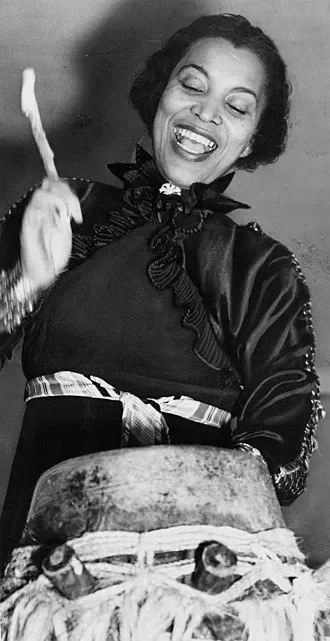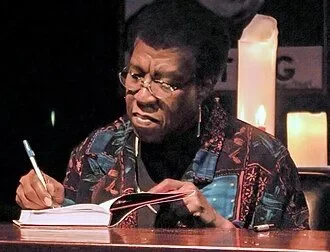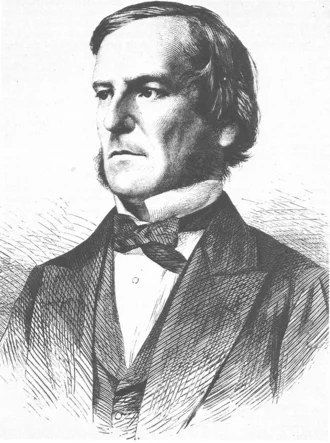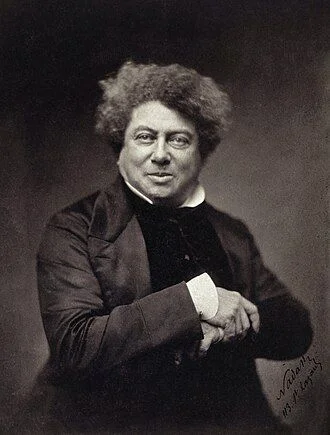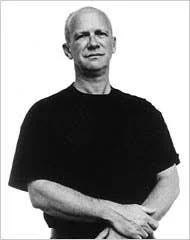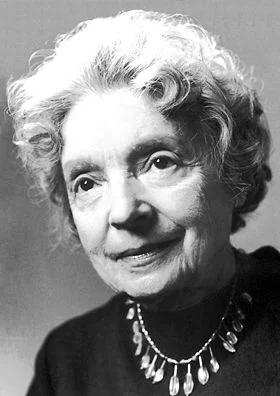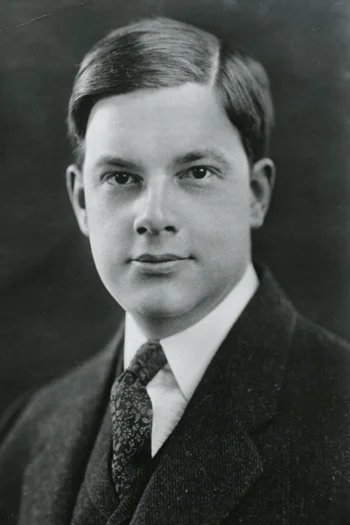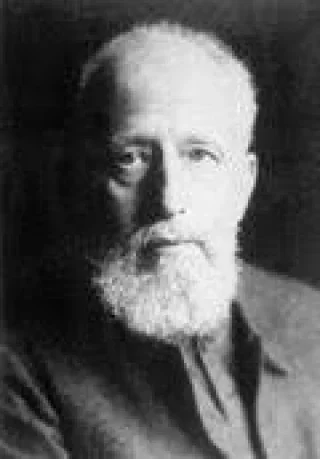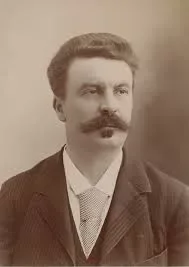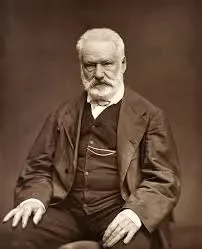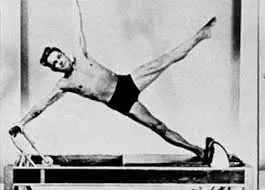Real Celebrities Never Die!
OR
Search For Past Celebrities Whose Birthday You Share

source:wikimedia.org
Rabindranath Tagore
Birthday:
07 May, 1861
Date of Death:
08 Aug, 1941
Cause of death:
Unknown
Nationality:
Indian
Famous As:
Composer
Age at the time of death:
80
Rabindranath Tagore's Quote's
Early Life
Born in 1861 in Calcutta, Rabindranath Tagore was destined to leave an indelible mark on literature, music, and philosophy. The youngest son of Debendranath Tagore, a leader of the Brahmo Samaj, Tagore was raised in an intellectually vibrant household. Educated by private tutors and later attending the University of Calcutta, he began composing poetry at the tender age of eight, publishing under the pseudonym Bhanusimha.
The Nobel Laureate and Literary Genius
Tagore’s literary contributions were vast and profound. His poetry, essays, and plays explored themes of humanism, spirituality, and nationalism. His magnum opus, Gitanjali, a collection of deeply spiritual poems, earned him the Nobel Prize in Literature in 1913—making him the first Asian and the first lyricist to receive the honor. His works, including Gora, Ghare-Baire, Chokher Bali, and Shesher Kobita, continue to resonate across generations.
A Revolutionary Thinker and Cultural Icon
Tagore was more than a writer—he was a reformer and a visionary who championed education, cultural unity, and freedom from colonial rule. He founded Visva-Bharati University in Santiniketan, an institution dedicated to blending Eastern and Western philosophies. Despite his global recognition, he remained deeply connected to India’s independence movement, rejecting a knighthood in protest of the Jallianwala Bagh massacre.
The Composer of National Anthems
Few artists can claim the honor of composing national anthems, but Tagore’s words became the voice of nations. He penned Jana Gana Mana, India’s national anthem, and Amar Shonar Bangla, which became the national anthem of Bangladesh. His music, known as Rabindra Sangeet, remains an essential part of Bengali culture and beyond.
A Legacy That Lives On
Tagore passed away in 1941 at the age of 80, but his influence remains timeless. His contributions to literature, music, and education continue to shape modern India and inspire thinkers worldwide. A true cultural icon, Tagore’s legacy is a testament to the power of words, art, and an unyielding belief in humanity’s potential.
Name:
Rabindranath Tagore
Popular Name:
Rabindranath Tagore
Gender:
Male
Cause of Death:
Unknown
Spouse:
Place of Birth:
Calcutta, Bengal Presidency, British India (present-day Kolkata, West Bengal, India)
Place of Death:
Calcutta, Bengal Presidency, British India (present-day Kolkata, West Bengal, India)
Occupation / Profession:
Personality Type
Mediator: Poetic, kind and altruistic people, always eager to help a good cause. Rabindranath Tagore was a quiet person who kept to himself and he did not care for fame or wealth.
Albert Einstein once invited Tagore to his home.
He used the Nobel Prize money he received to construct a school in Shantiniketan.
He was color blind.
His Nobel Prize was stolen in 2004.
Rabindranath Tagore was the first non-European to win a Nobel Prize in Literature.
Tagore wrote the national anthems for India and Bangladesh and also inspired the national anthem for Sri Lanka.
He wrote India’s national anthem
Rabindranath Tagore won the Nobel Prize in Literature in 1913

